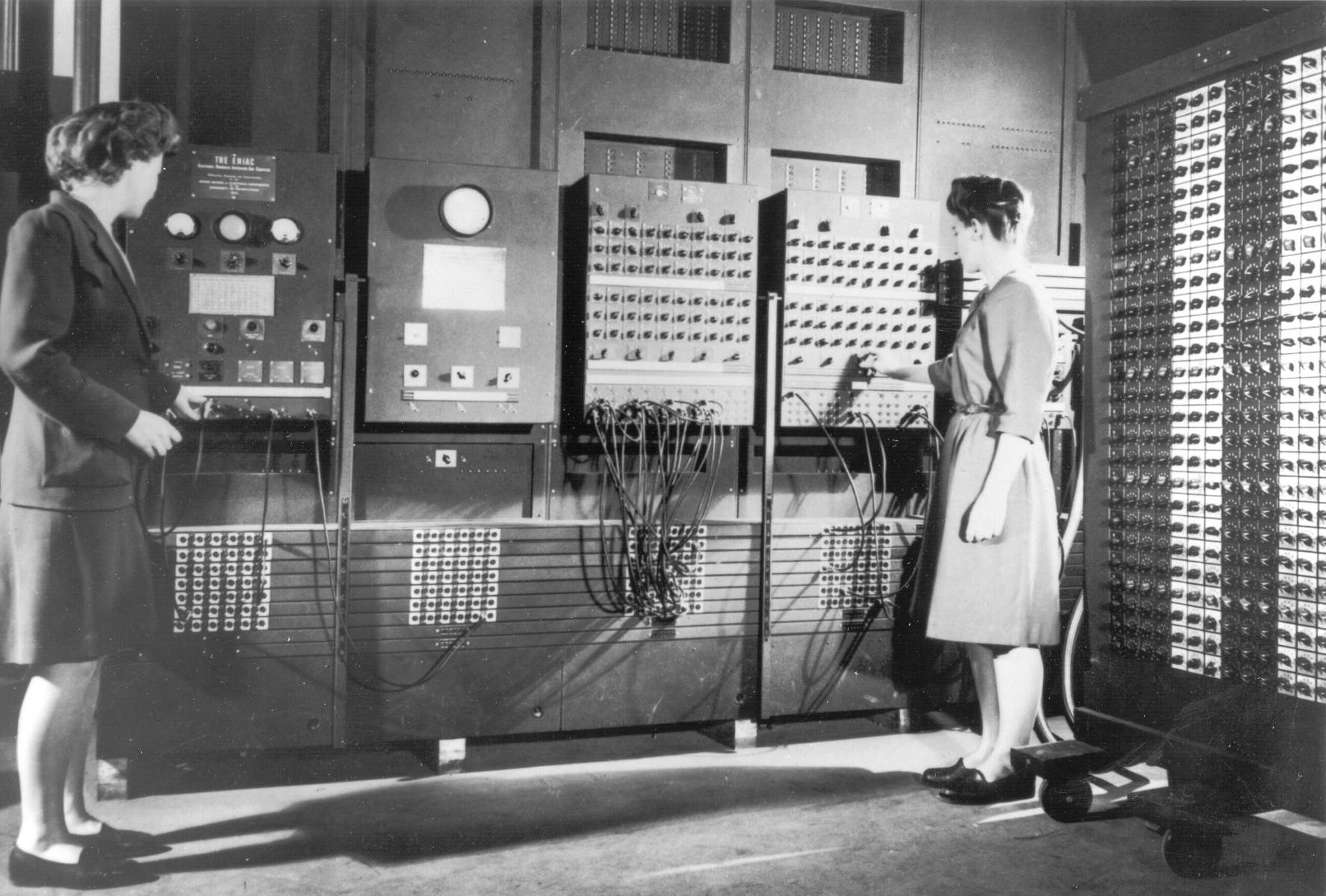Secret Archives Of Philadelphia’s Early Computer Concepts

Philadelphia, known for its rich history, holds a lesser-known treasure: the early days of computer concepts. Have you ever wondered where the first computer was created? The answer lies in this vibrant city. During the 1940s, the University of Pennsylvania became the birthplace of the ENIAC, the world’s first general-purpose electronic digital computer. This groundbreaking invention changed technology forever. Today, you can visit the Philadelphia museums and historical sites that celebrate this achievement. From the Franklin Institute to the University of Pennsylvania, these places offer a glimpse into the past, showing how far we've come in the world of computing.
Philadelphia: The Birthplace of Early Computer Concepts
Philadelphia holds a special place in the history of computing. This city, known for its rich history, also played a pivotal role in the development of early computer concepts. Let's uncover some of the key locations in Philadelphia that contributed to this technological revolution.
The University of Pennsylvania
The University of Pennsylvania is where the world's first general-purpose electronic digital computer was born. This groundbreaking invention changed the course of history.
ENIAC (Electronic Numerical Integrator and Computer): Developed during World War II, ENIAC was designed to calculate artillery firing tables for the United States Army. It was a massive machine, taking up an entire room, and it could perform complex calculations much faster than any human.
Moore School of Electrical Engineering: This is where ENIAC was built. The Moore School became a hub for computer research and development, attracting some of the brightest minds in the field.
The Franklin Institute
The Franklin Institute, a renowned science museum in Philadelphia, has played a significant role in educating the public about early computer concepts.
The Giant Heart Exhibit: While not directly related to computers, this exhibit showcases the importance of understanding complex systems, much like early computers. It serves as a reminder of the intricate designs and calculations involved in creating early computers.
The Franklin Institute Science Museum: This museum has hosted numerous exhibits on the history of computing, including displays on ENIAC and other early computers. It's a great place to learn about the evolution of technology.
The Philadelphia Navy Yard
The Philadelphia Navy Yard was another key location in the development of early computer concepts. During World War II, it became a center for technological innovation.
The Naval Aircraft Factory: This facility was involved in the development of early computer systems for military applications. Engineers and scientists worked tirelessly to create machines that could perform complex calculations for navigation and targeting.
The Naval Surface Warfare Center: This center continued the work started during the war, focusing on the development of advanced computer systems for the Navy. It played a crucial role in the evolution of military computing technology.
The Philadelphia Museum of Art
The Philadelphia Museum of Art may not be the first place that comes to mind when thinking about computers, but it has a unique connection to early computer concepts.
Marcel Duchamp's "The Bride Stripped Bare by Her Bachelors, Even": This artwork, also known as "The Large Glass," is often seen as a precursor to modern computing. Duchamp's use of mechanical and conceptual elements in his art mirrors the logical processes used in early computers.
The Museum's Archives: The Philadelphia Museum of Art houses archives that include documents and artifacts related to the history of computing. Researchers can delve into these archives to uncover the fascinating stories behind early computer concepts.
Drexel University
Drexel University has also made significant contributions to the field of computing. Its commitment to innovation and technology has left a lasting impact.
The Drexel Co-op Program: This program allows students to gain hands-on experience in the field of computing. Many Drexel graduates have gone on to make significant contributions to the development of early computer concepts.
The College of Computing & Informatics: Drexel's College of Computing & Informatics is at the forefront of computer science education. It continues to push the boundaries of what is possible in the world of computing.
The Historical Society of Pennsylvania
The Historical Society of Pennsylvania is a treasure trove of information on the history of computing in Philadelphia. Its archives contain valuable documents and artifacts.
The ENIAC Papers: These papers provide a detailed look at the development of ENIAC and the people who made it possible. They offer a fascinating glimpse into the early days of computing.
The Philadelphia Computing History Collection: This collection includes documents, photographs, and artifacts related to the history of computing in Philadelphia. It's a valuable resource for anyone interested in the evolution of technology.
Philadelphia's Tech Legacy
Philadelphia's early computer concepts laid the groundwork for today's digital age. The city's contributions to computing history are often overlooked but remain significant. From the ENIAC to the UNIVAC, these innovations changed how we interact with technology. Visiting Philadelphia offers a unique glimpse into the past, where you can explore museums and historical sites dedicated to these breakthroughs.
Understanding this history not only enriches your knowledge but also highlights the city's role in shaping modern technology. Whether you're a tech enthusiast or just curious, Philadelphia's archives provide a fascinating journey through time. So next time you're in the city, take a moment to appreciate its tech legacy. You'll gain a deeper appreciation for the devices we use every day and the pioneers who made it all possible.

